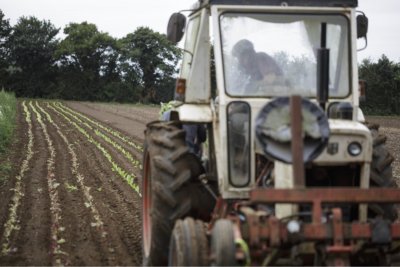News • Sustainable Farming Campaign
Battle of the food campaigns
The "Veganuary" campaign has released its participation statistics for 2021 and say more than 580,000 took part. But concern over the evidence and impact of a number of food campaigns led farmers, farmer unions and bodies – such as the NFU and AHDB - to mount counter campaigns this year. A key question is what should we all be eating for a balanced and environmentally-friendly diet, and the answer is much more complicated then we might want it to be.
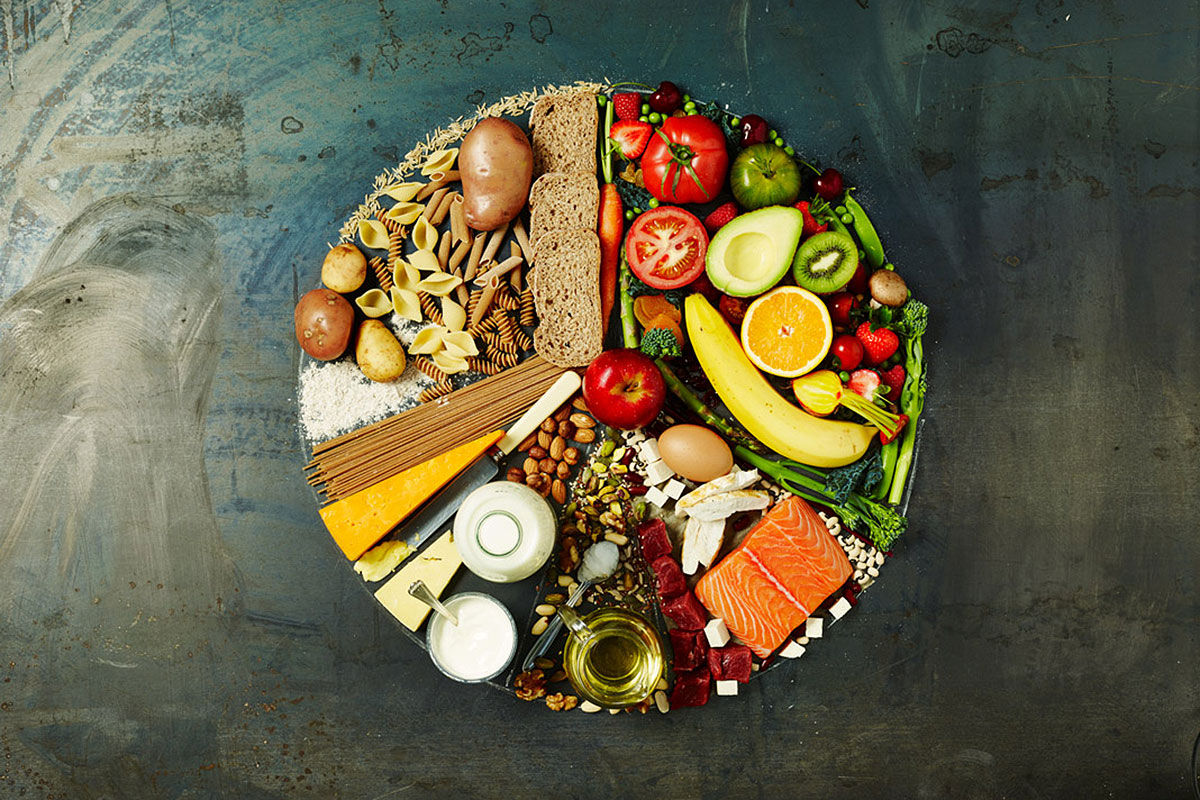
Veganuary in vogue
Veganuary has experienced a meteoric rise to the mainstream in recent years, with a record 582,538 people signing up this year.
The record numbers have not gone unnoticed and year on year, big brands have stepped in to attract new custom and demonstrate brand value.
The out of home sector were quick to spot an opportunity. The Veggie Pret concept was tested in 2016 and despite of (or maybe as a result of) the scoffing of television presenters, the vegan sausage roll launch from Greggs resulted in a total sales increase by 13.5% in 2019. Deliveroo also reported an increase in demand for vegan food by 146% this year.
Retailers have not been far behind. Last September, Tesco announced that they would increase sales of plant-based food by 300% by 2025, and have hailed January 2021 as their biggest ever ‘Veganuary’. In February, the Unilever boss announced that they aim to have £865 million-a-year plant-based foods business by 2028.
Veganuary, a small campaign which started out life in a humble Yorkshire kitchen in 2014, is now sponsored by huge organisations such as Beyond Meat, Cauldron Foods and Fry Family Food company, with a growing list of partners and celebrity benefactors. Beyond Meat have in turn teamed up with PepsiCo, who join their growing list of corporate partners including KFC, Starbucks and Yum Brands.
Beyond Meat and ‘Impossible Foods’ (another meat alternative) have seen their shares skyrocket in recent years, with the latter being funded by Silicon Valley giants such as Bill Gates and Twitter founder Biz Stone.
Multi million pound corporations have spotted a clear consumer trend and are keen to get a share of the market.
The Environmental Impact
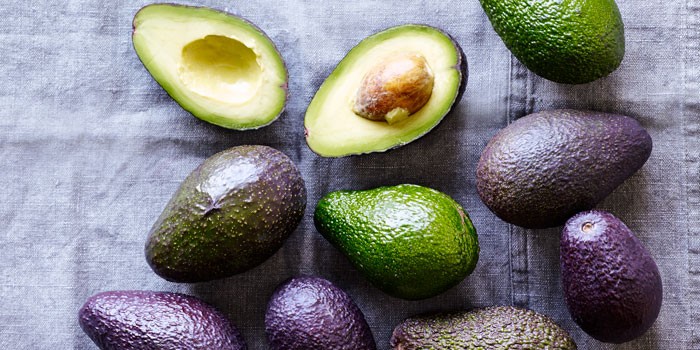
The surging popularity of Veganuary has also raised questions about the true environmental impact of some of the new products appearing on supermarket shelves and menus.
The British public consumed up to 12% more avocados in 2020 compared to 2019. But our love of them is creating havoc in local communities in Mexico. Biodiverse forests have been cut down to satisfy soaring demand and there are signs of avocados becoming a ‘conflict commodity’ due to organised crime bosses’ growing involvement in their production. In Kenya too, the growing number of avocado farms have been blocking vital wildlife corridors.
Almond milk has 63% of the plant-based milk market but producers of almonds in California- responsible for 80% of the global supply - have witnessed bees die in record numbers in recent years. Organic beekeepers and environmentalists have blamed industrial agriculture methods, which have created a monoculture, making it hard for the biodiversity-loving bees to forage.
Jackfruit has becoming an increasingly popular meat alternative in the West, with India reportedly exporting up to 800 tonnes of the fruit in 2019, compared to 500 tonnes in 2018. But it too is problematic for European consumers with the high carbon footprint of transporting jackfruit from India, as well as the contribution to the exploitative farming system in India.
But with a lot of these messages being missed by young consumers and concerns about selective evidence being used by marketeers, farmers and producers in the UK have been working to disrupt the Veganuary trend.
Counter campaigns step in
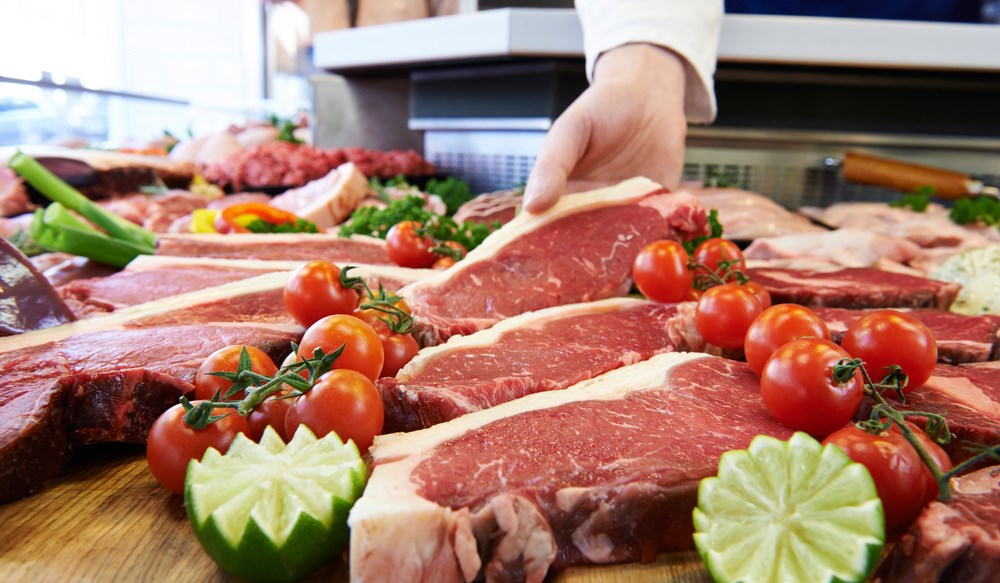
The ‘Regenuary’ campaign aims to encourage consumers to buy locally, seasonally and from regenerative farms. Supporters of Regenuary argue that shortening supply chains, eating seasonably and locally, minimises food miles and supports your local economy.
An AHDB campaign – strategically timed for January – was titled ‘Eat balanced’ and reportedly cost £1.5 million. It aimed to ‘inject balance’ into the debate and focused heavily on the absence of nutrients such as B12 in vegan diets, and claimed red meat production in the UK is among ‘the greenest in the world’.
Ironically, having led with an anti-vegan diet message timed to coincide with Veganuary, an open letter from AHDB’s Chief Marketing Officer addressed the hostility of the debate on social media, arguing that ‘silencing your critics’ or ‘going aggressively head-to-head’ rarely works. AHDB have stated that they will be back with a second phase of the campaign later in the year.
Quality Meat Scotland (QMS) launched an online toolkit at the start of the year, with the aim of positively managing the reputation of red meat during January 2021 and beyond. In tandem with the AHDB campaign, they focused on the health benefits of eating red meat because of the presence of B12.
Last spring, AHDB and QMS teamed up with Hybu Cig Cymru – Meat Promotion Wales (HCC) in a campaign to support the red meat industry, which generated £9.8 million in incremental retail beef sales. The campaign was funded by available money from the £3.5 million fund of AHDB red meat levies ring-fenced in 2020/21 for collaborative projects which is in turn managed by the three Great British meat levy bodies.
The Ethical Butcher, a company that champions natural systems and farms that increase bio-diversity and regenerate the land, led the calls last month for ‘climate positive’ meat. The campaign is endorsed by farmers and farmer organisations such as the NFU, AHDB, BMPA and Pasture for Life, and reached over a million people in January this year. Founded in 2018, the company is crowdfunded from personal investment from its founders and other private investors.
Farmers fight back
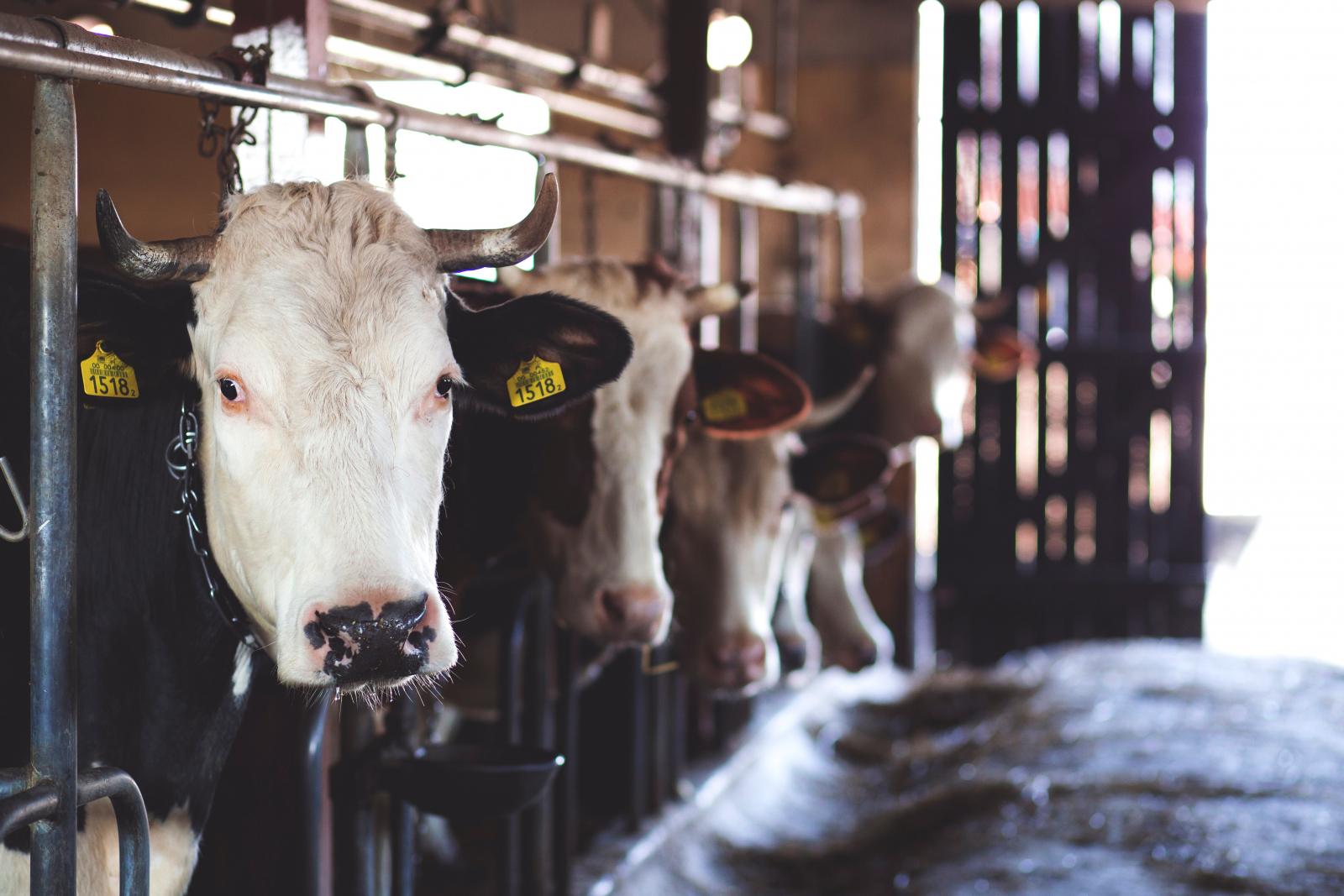
Leicestershire farmer Joe Stanley says: “'farmers are on the front line when it comes to the impact of global climate change, and that's why as a British farmer I'm looking at how I can farm more sustainably while providing food for a growing population. But 'sustainability' has to be more than a marketing gimmick, which is why a holistic approach to food, farming, health and the environment is necessary, rather than the false choice of the binary argument over meat vs plant. That is why we should all be looking to source more of our food from local, British producers who are operating to some of the world's highest levels of environmental sustainability”.
Also in January, the NFU stepped in to challenge Oatly, a Swedish vegan food brand specialising in oat drinks, over their selective use of statistics. Oatly’s ‘talk to dad’ campaign has attracted over 100 complaints to the Advertising Standards Authority (ASA), and provoked fiery debates on twitter.
The most disputed statistic in the advert is the claim that the ‘dairy and meat industries emit more CO2 than all of the world’s planes, trains, cars and boats combined’. Stuart Roberts, Vice President of the NFU, pointed out that that the advert used old global figures and said that failing to use UK-specific figures, such as cattle and sheep accounting for only 3.7% of UK emissions, was misleading. Indeed the FAO- who originally made the statistic Oatly used- have since corrected it downwards to 14.5% of human induced emissions in their tackling climate change through livestock report.
You can hear the BBC Farming Today debate here.
Continuing on the year ‘Februdairy’ , started by award winning farmer Dr Jude Capper, aims to dispel myths about the UK’s dairy industry. The movement wants to rebalance the debate and counter campaigns such as Animal Equality UK, which reached their £5,000 crowdfunding target to put up anti-dairy billboards across the UK this year. Dr Capper released a ‘top tips for engaging with activists online’ last month, which included a key message of positivity and fact-based responses.
Alastair Leake, a farmer in Rutland says: “Mental health is a big issue and food can be a great comfort to people. If you feel inspired to take on Veganuary or Regenuary – great – do it for as long as it makes you feel good, but don’t “guilt-trip” other people – we all need to be extra kind to each other right now”
Going Global?
We may be only two months into the year, but the noise isn’t going anywhere, and is only set to get louder as we lead up to COP26 in November. There are discussions within Parliament on whether vegan food should be served at the summit.
Calls for cutting meat consumption are becoming louder. The necessity to significantly reduce the amount of meat in UK diets to tackle deforestation, biodiversity loss and greenhouse gas emissions is clear, and research suggests the Paris climate goals will be out of reach without major changes to the high-meat diets of the world's richest nations. In an interview earlier this year, Chris Stark, CEO of the UK’s Committee on Climate Change, argued that we would need a “50% reduction in meat and dairy consumption by 2050”.
There are global calls too. The United Nations Environment programme have not endorsed veganism, but stated last autumn that “most of us should eat less animal protein” The IPCC Climate Change and Land report in 2019 explained that meat diets needed to change.
However, one UN consumer poll published at the end of January 2021 found that while the threat of climate change was strongly acknowledged, only 30% of respondents supported the promotion of plant-based diets, with no country receiving majority support for plant-based food.
Sustain campaigns
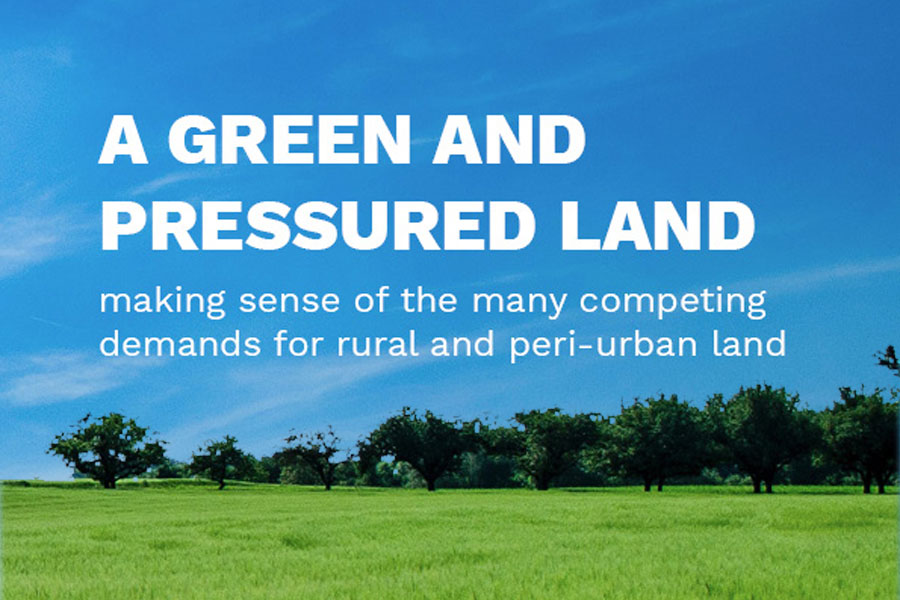
The Eating Better coalition, co-founded by Sustain, calls for eating less meat and dairy overall but supporting agro-ecological farming, organic, free range and pasture fed produce. Their 2017 survey found that 44% people in the UK are reducing or considering reducing meat consumption, and their new report on how to source better meat has just been released.
Sustain’s briefing on a “A Green and Pressured Land” states that consuming more plant-based foods - and less, and better-quality (such as pasture based with agroforestry) meat and dairy - could lead to lower livestock numbers, and therefore lower carbon emissions.
Last month, Sustain surveyed all London councils on whether they were sourcing their meat responsibly, with Enfield Council topping the list. Enfield’s Cafés operated by the Council use locally sourced meat alongside a range of vegan and vegetarian options.
We think that, as hosts to this year's COP26, it's time for the government to take decisive action in its policy making that supports moves to more climate friendly diets. As intensive farming is environmentally deleterious and harmful to health, they should aid the transition to agro-ecological farming, for example, and support British fisheries to be sustainable. They could also use their massive food buying power (think school, hospital and prison meals) on more planet-friendly produce like pulses and grains, insist on organic, free-range and higher welfare meat, fish and dairy.
Published Thursday 25 February 2021
Sustainable Farming Campaign: Sustain encourages integration of sustainable food and farming into local, regional and national government policies.

